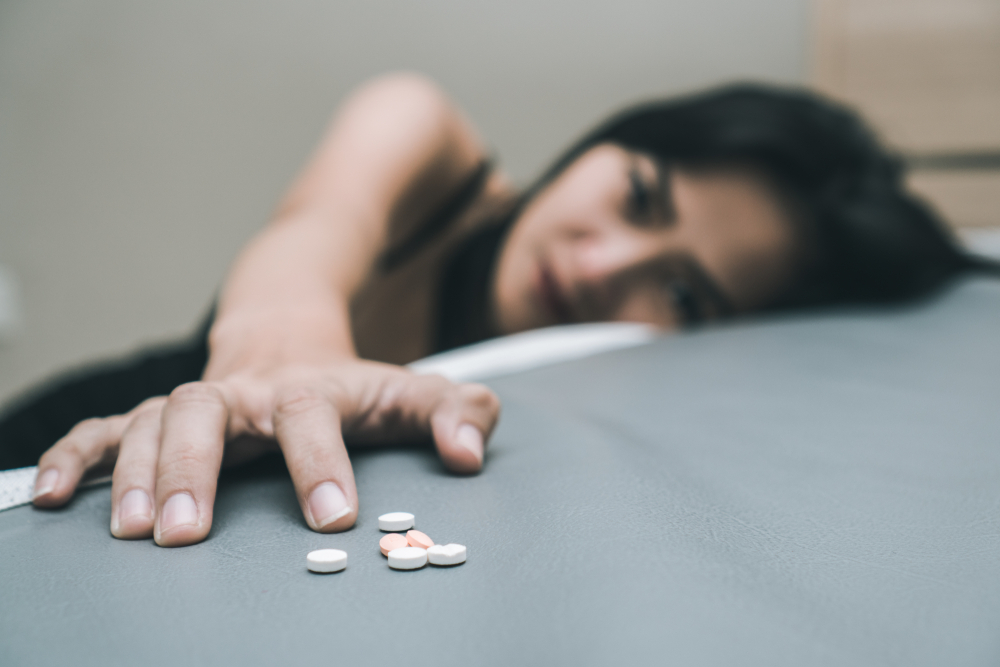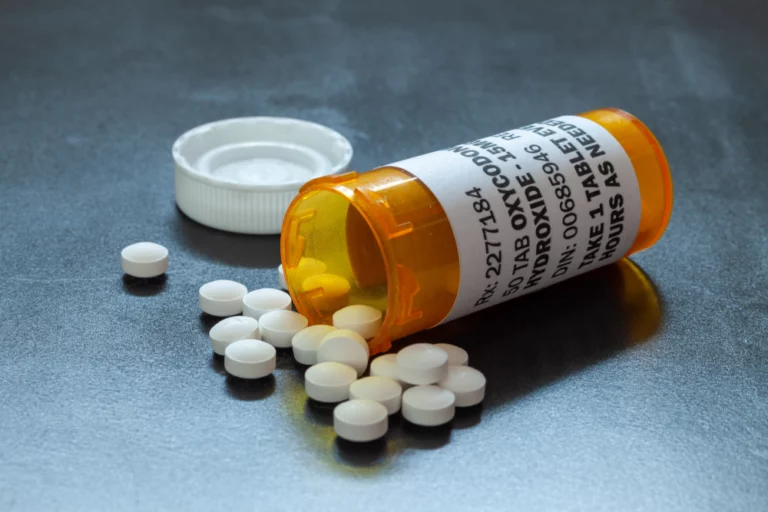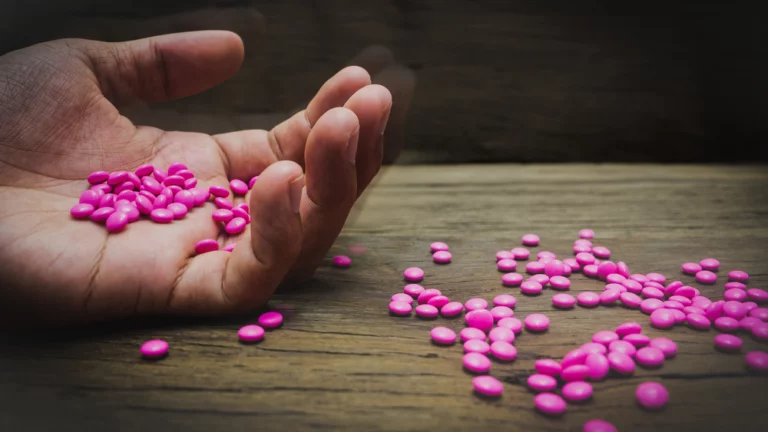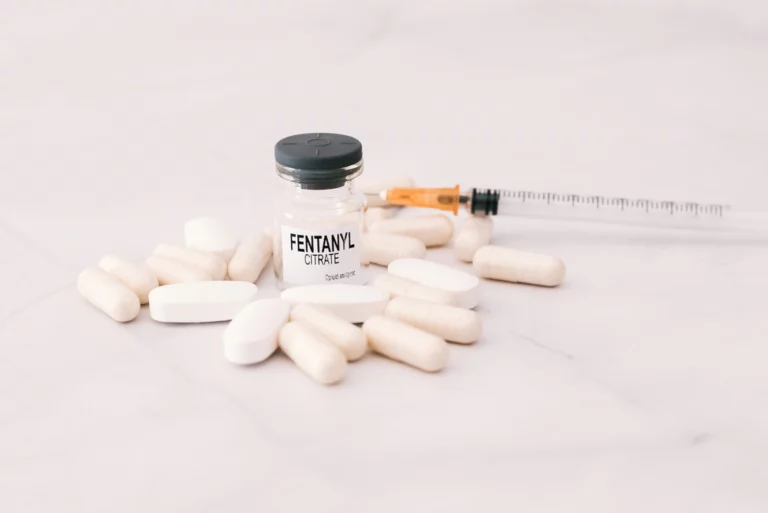Understanding that Addiction is a Mental Illness
The National Institute on Drug Abuse (NIDA) states that drug addiction is a mental illness because addiction alters the brain in fundamental ways, disrupting a person’s normal hierarchy of needs and desires, and substituting new priorities associated with obtaining and consuming drugs. Compulsive actions that override the ability to control impulses despite consequences are characteristic of other mental illnesses as well.
Persons who regularly abuse drugs are commonly diagnosed with mental disorders, and vice versa. This event is known as dual diagnosis or co-occurring disorder. Since the 1980s, the prevalence of this comorbidity has been documented in multiple national population surveys. According to data, persons with mood or anxiety disorders are approximately twice as likely to suffer from a substance use disorder as those in the general population.
How Addiction and Mental Health are Related
Mental health and substance abuse issues both occur within the brain, altering our psychology and cognition. Around 17 million Americans suffer from both substance addiction and mental health issues because they affect similar areas of brain chemistry. But why are mental health and substance addiction so prevalent? Are there any factors that contribute to their connection?
After repeated, long-term use of drugs and alcohol, substance addiction occurs. As science tells us, drugs and alcohol are chemicals. When chemicals are introduced into our bodies, they enter the brain’s communications system and alter the way our nerve cells communicate, receive, and process information. With the initial dose, this happens instantly. Drugs and alcohol alter the brain through rewiring brain circuits and altering neurons. Dependence is created as a result of this long-term drug and alcohol use. Because of the altered signals within their brains, many frequent drug users become dependent on drugs to function.

Despite this, addiction also impacts our brain chemistry in other ways. Brain imaging studies now reveal that drug use causes disruptions in the frontal cortex of the brain. That part of the brain controls cognitive activities like decision-making, response inhibition, impulse control, planning, and memory.
An individual struggling with drug addiction will exhibit altered thoughts and behavior patterns. They may have impaired judgment, poor decision-making, and an inability to control their impulses. They will pursue getting and using drugs at the expense of everything else. Compulsive drug-seeking behavior is a defining trait of addiction, which is caused by alterations in the brain.
Substance Abuse Disorder is a Mental Health Disorder
A substance use disorder (SUD) is a mental illness that affects the brain and behavior, making it difficult for a person to avoid using drugs, alcohol, or prescription medications. It is the most serious form of SUDs, which include both legal and illegal substances. SUDs can result in moderate or severe symptoms, with addiction being the most serious.
How Treating Addiction Like Mental Illness Helps You and Your Loved One
Although there is no one-size-fits-all approach to helping someone struggling with addiction and mental illness, support from family can play a large role in helping a loved one cope with these issues.
Having a family member who requires treatment for mental or substance use issues can impact more than just the patient. Some are born with a genetic predisposition to developing mental or substance use disorders, and those who come from families where someone has struggled with mental health or substance use may be at higher risk. Family support groups or family therapy and counseling can improve treatment effectiveness by supporting the whole family.
It is very important to keep in mind that caring for a loved one with mental or substance use problems can be difficult, so family members should focus on their own well-being as well. Family members might notice changes in mood or behavior in their loved ones more readily than others. Recovery can begin and persist with the assistance of family members who connect those in need with treatment, resources, and services.
Co-occurring Disorders and Dual Diagnosis
Many emotional issues, including low self-esteem, guilt, grief, and anger management issues, may have a strong impact on an individual’s addiction issues, but these issues are generally considered symptoms rather than diseases. In fact, it can be difficult to diagnose co-occurring disorders. Substance abuse or addiction may mask mental health issues, and mental health issues may be confused with substance abuse issues. Those with mental health issues may not address their substance use for the reason that they do not consider it pertinent to their problems. Common co-occurring disorders include:
- Anxiety – A person with a generalized anxiety disorder has recurrent panic attacks, sleeps poorly, is restless, and has other symptoms such as anxiety. Drugs or alcohol may be used by those with anxiety to escape the discomfort of living with it for a number of reasons. While some abuse Xanax or other anxiety medications, others turn to alcohol or drugs to enhance their social skills or cope with other issues.
- Bipolar Disorder – Those with bipolar disorder are especially prone to substance abuse and addiction. The chemical imbalance in the brain that causes this disorder results in uncontrollable, severe bouts of depression and mania. Those who live with bipolar disorder frequently self-medicate in an attempt to reduce the severity of these episodes, which results in an increase in the frequency of episodes and severe addiction.

- Post-Traumatic Stress Disorder (PTSD) – Individuals who suffer from post-traumatic stress disorder (PTSD) often experience flashbacks and night terrors after experiencing a traumatic event. Violent crimes, war, and automobile accidents are just a few of the events that might cause extreme stress and even death. PTSD sufferers frequently consume alcohol or drugs to ease their symptoms, which may consequently result in disrupted sleep and emotional instability.
- Eating Disorders – Anorexia and bulimia are common problems in individuals seeking addiction treatment. Drugs like stimulants or diet pills, in addition to alcohol, are often used to suppress appetite and increase confidence. These disorders frequently coexist with body dysmorphic disorder, a condition in which a person excessively criticizes their own appearance and obsesses over imagined flaws with their own body. Eating disorders may develop at any age but appear primarily in young adults.
Co-occurring Disorders vs. Dual Diagnosis
Dual diagnosis and co-occurring disorders are distinguished by the nature of the diagnosis. For dual diagnosis, the conditions are usually two (or more) distinct diagnoses, even if they are caused by substance abuse. Conversely, an individual with a mental illness or brain damage resulting from addiction self-medicates with drugs or alcohol. Addiction and mental health are often inextricably linked, and they must be treated concurrently.
How Addiction and Mental Health Issues Are Treated
The most effective method of dealing with co-occurring disorders is to address both issues simultaneously. Whether mental health or substance abuse issues occurred first, long-term recovery relies on receiving treatment for both issues from the same treatment provider or team.
In addition, early detection and treatment of both ailments can greatly improve the person’s recovery and quality of life. However, individuals with both addictions and other mental illnesses often have more persistent, severe, and resistant to treatment symptoms than those with either condition alone. For that reason, staying sober might be quite difficult for them.

Your rehab program should include both medication and behavior therapies to treat co-occurring disorders. There are a variety of dual diagnosis rehab services available. Your choice of rehabilitation facility may depend on your needs, and certain settings might be more appropriate for certain people.
Treatment should be customized based on personal factors such as addiction level and mental and physical health. The time frame for treatment may vary. Inpatient stays, for example, typically last between 28 and 30 days or even longer whereas outpatient treatment is often provided for two months to one year.
Louisville Recovery Can Help
Anyone can be affected by mental illness or addiction at any time. If you or a loved one is currently battling a disorder, Louisville Recovery Center’s customized services and treatment programs can assist. We believe that anyone can recover from addiction and mental illness. With the help of our experts, you will be able to create a treatment program that perfectly suits your needs. Common treatment programs include:
- Intensive Outpatient Programs (IOP)
- Full-time Addiction Treatment on campus
- Aftercare Services
Louisville Recovery Center can help you recover from a dual diagnosis. Please contact us today for more information. You are not alone in your struggles; we’re in this together.







